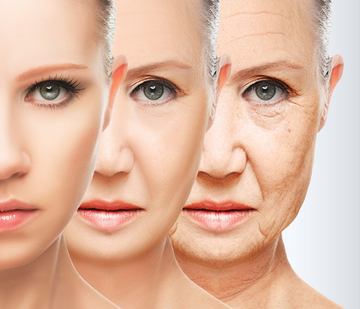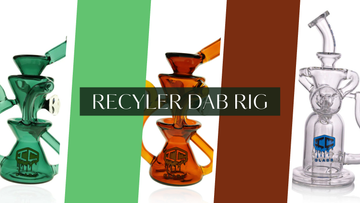THC and the Aging Process: Exploring the Benefits and Implications

As society continues to embrace the therapeutic potential of cannabis, one area gaining increasing attention is the impact of tetrahydrocannabinol (THC) on the aging process. THC, the primary psychoactive compound in cannabis, has been studied for its potential benefits for older adults, shedding light on how it may affect aging and quality of life.
Understanding THC and Aging
THC interacts with the endocannabinoid system (ECS), a complex network of receptors and neurotransmitters that plays a crucial role in maintaining homeostasis within the body. The ECS is involved in regulating various physiological processes, including mood, appetite, pain perception, and immune response. As we age, the ECS and its functions can become less efficient, leading to a range of age-related issues.
Research suggests that THC may help mitigate some of these age-related changes by enhancing ECS function. Here’s a closer look at how THC might influence different aspects of aging:
1. Cognitive Function
One of the significant concerns with aging is cognitive decline. Studies have indicated that THC may offer neuroprotective benefits, potentially aiding in the maintenance of cognitive function. By interacting with cannabinoid receptors in the brain, THC could help reduce inflammation and oxidative stress, factors associated with neurodegeneration. However, it is essential to approach this area with caution, as excessive THC use might impair short-term memory and cognitive function in the short term.
2. Pain Management
Chronic pain is a common issue among older adults, often resulting from conditions such as arthritis or neuropathy. THC has been shown to have analgesic properties, which could be beneficial for pain relief. By binding to cannabinoid receptors in the body, THC may help reduce pain perception and inflammation. This effect could provide a valuable alternative to traditional pain medications, which can have adverse side effects, especially in older populations.
3. Sleep Quality
Sleep disturbances are prevalent among the elderly, affecting overall health and well-being. THC has been found to influence sleep patterns, potentially aiding those who suffer from insomnia or disrupted sleep. Research indicates that THC may help increase total sleep time and improve sleep quality, which is crucial for maintaining health and vitality as we age.
4. Appetite and Weight Management
Maintaining a healthy appetite and weight can become challenging with age, sometimes leading to unintended weight loss or nutritional deficiencies. THC is known for its appetite-stimulating effects, which could benefit older adults who struggle with decreased appetite or malnutrition. By enhancing appetite, THC might help ensure that seniors receive adequate nutrition, supporting overall health and well-being.
5. Mood and Mental Health
Aging can bring about emotional and psychological challenges, including depression and anxiety. THC’s potential mood-enhancing effects may offer relief from these conditions by interacting with receptors that regulate mood and stress responses. While THC may help improve mood and reduce anxiety in some individuals, it’s essential to use it judiciously and be mindful of its psychoactive effects.
Considerations and Cautions
While the potential benefits of THC for aging adults are promising, it is important to consider the following:
- Dosage and Administration: THC affects individuals differently, and finding the right dosage is crucial for maximizing benefits and minimizing adverse effects. Consultation with a healthcare professional experienced in cannabis use is recommended.
- Legal and Health Implications: The legal status of THC varies by region, and it’s essential to adhere to local regulations. Additionally, older adults should discuss THC use with their healthcare providers, especially if they are taking other medications or have underlying health conditions.
- Potential Side Effects: THC can cause side effects such as dizziness, dry mouth, and altered cognition. These effects may be more pronounced in older adults, so careful monitoring is necessary.
Conclusion
THC holds potential as a therapeutic tool for addressing various age-related issues, from cognitive decline and chronic pain to sleep disturbances and appetite loss. As research continues to explore its benefits and risks, older adults and healthcare professionals can better understand how to incorporate THC into holistic approaches for healthy aging. Always consult with a healthcare provider to ensure safe and effective use tailored to individual needs.
By embracing the potential of THC while remaining informed and cautious, we can unlock new possibilities for enhancing quality of life and well-being in the aging population.
While THC can enhance quality of life, it’s important to source products from reputable distributors to ensure safety and effectiveness. This is where Get Glass Distribution comes into play. They offer a range of high-quality cannabis accessories that can enhance the user experience, making it easier to integrate cannabis into a wellness routine. Whether you’re a senior exploring the benefits of THC or a caregiver seeking reliable products for a loved one, Get Glass Distribution is a trusted resource for all your cannabis accessory needs.




